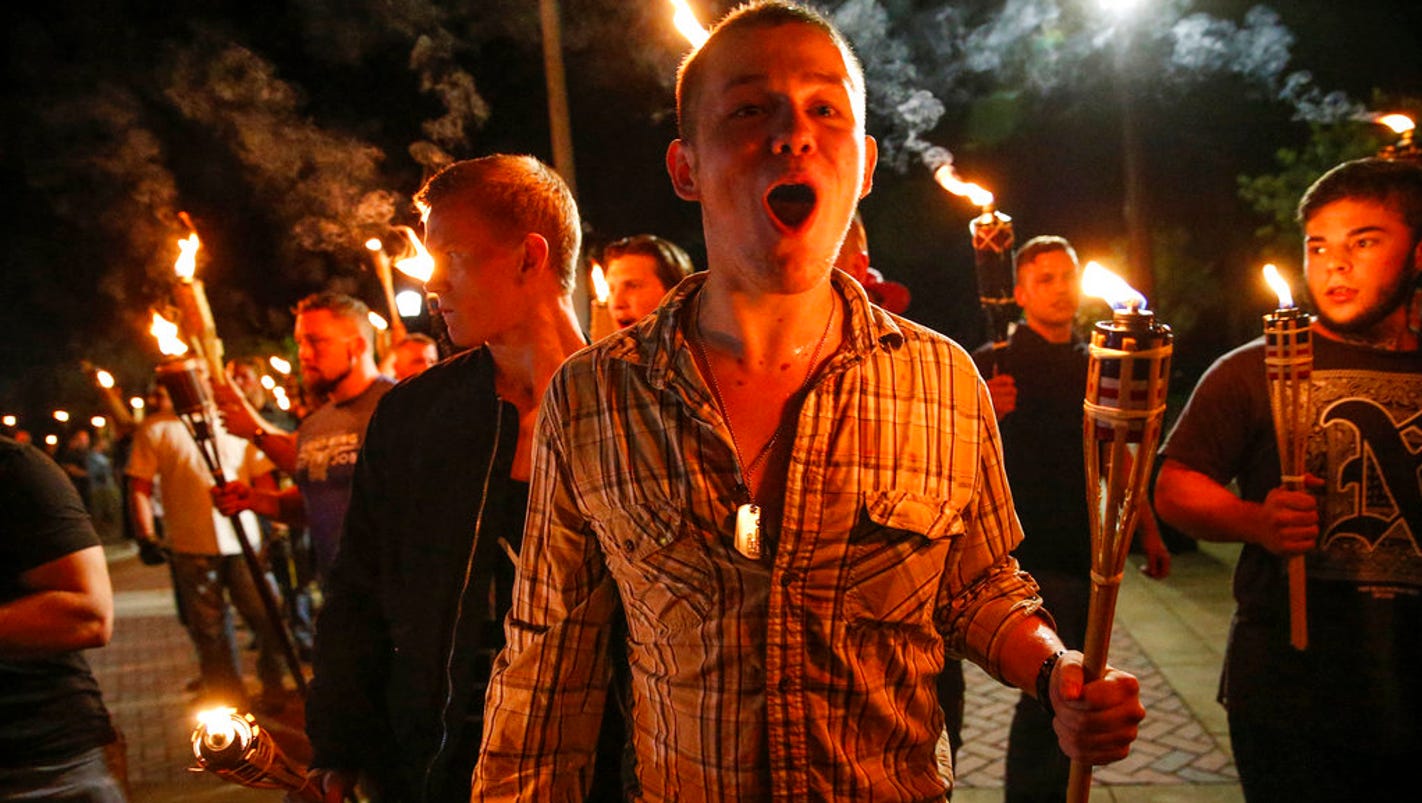Yeah, there is no viable third option for massive infrastructures. In varying amounts of power, the government and the largest private industry controls every single infrastructure on the planet. I don’t get rejecting both.
I believe because the article goes into detail about the rules of quasi-public places. Occupy as a movement relied on private land to hold a permanent protest in NY, and right-wing firebrands have been using college campuses because their public funding is a huge legal grey area on what counts as the government infringing their free speech. That is the entirety of the ACLU’s case on Berkeley trying to delay Milo’s speech following an outbreak of violence when one of his fans shot a left-wing protester earlier that month.
I agree that there is a lot of hate speech from a “left” perspective when it comes to Israel/Palestine, and it’s also a very good topic to bring up in any free speech debate with things like that bill in congress that has clauses about protest and hate speech in that conflict. I know there are a few journalists speaking about that law very critically because it limits free speech.
Sure, but there is no actual proof that censorship doesn’t work extremely well either. In the most extreme cases, government censorship through media over generations creates very homogenous opinions. And even outside of dictatorships, there has been several efforts to wash history of important figures and their impact.
I mean, the efforts surrounding the US military from private media portrays all action in a sterile and perfect light. No matter what your feelings are about even recent wars, the US censors the toll of our bombing campaigns on civilians in those countries. No law has created the universal good versus evil presentation of US military interventions, and the coverage from other countries is dramatically different from our own.
Now circling back to white supremacy, a lot of free speech absolutionst like to say the European model of targeting hate speech has failed to prevent a rise in supremacy movements in Europe - usually citing the rise of white-centric nationalism in politics and increase in violence from Nazi groups in Germany. But the ugly truth of that is these groups are using American websites to organize outside the jurisdiction of their own countries, such as stormfront or /pol/ which have large international audiences. And the political movements are event more complicated bamecause they are supported by a lot of people that are willing to look the other way about those members instead of marching in the name of white nationalism - usually because they support the economic side which is not offered by other groups.
The point of the first amendment is to prevent the government from oppressing speech, which isn’t a moral statement.
Some people take that to mean that the most widest and wide ranging stance on acceptable speech possible is the most moral one. Others feel that free speech is not innately moral and should be limited within reason to not step on the liberty of others. The US has gone both ways historically in court rulings.
Both articles take a strong moral stance on free speech.



